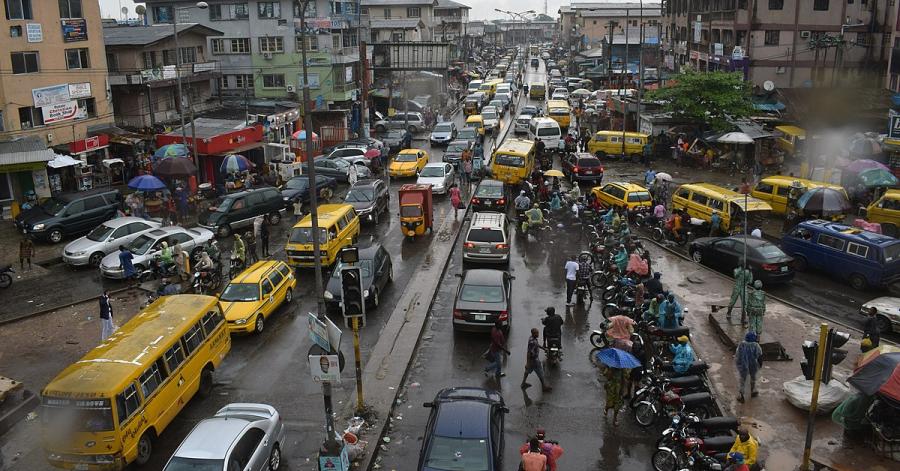If you live in Lagos, you know the feeling: it’s Monday morning, and the roads are already clogged before 7 a.m. For millions of Lagosians, Monday rush hour traffic is more than a frustration — it’s a lifestyle challenge that affects productivity, health, and even the economy.
Nigeria’s commercial capital is vibrant and full of opportunity, but Lagos traffic jams are costing workers valuable time and businesses billions of naira every year. To solve this, Nigeria must adopt smarter transport solutions that go beyond the usual quick fixes.
1. Why Lagos Traffic Is a Never-Ending Problem
Several factors contribute to Monday morning congestion in Lagos, including:
- Overpopulation (20+ million residents competing for limited road space)
- Poorly maintained road networks
- Heavy reliance on private cars and yellow buses (danfo)
- Limited alternatives like trains and ferries
2. The Cost of Lagos Rush Hour on Nigerians
Traffic isn’t just an inconvenience — it has real consequences:
- Lost Productivity: Workers spend hours in traffic that could be used for work or rest.
- Health Risks: Stress, air pollution, and long commuting times affect both physical and mental health.
- Economic Losses: Businesses lose money as goods and workers are delayed.
According to reports, Lagos loses billions of naira daily due to gridlock.
3. Smarter Transport Solutions Nigeria Can Learn From
Other global cities once struggled with traffic but adopted modern solutions. Lagos can do the same by:
- Expanding Public Transport: More BRT lanes, efficient train systems, and safer ferries.
- Smart Traffic Lights: Using AI-powered signals to manage congestion dynamically.
- Carpooling & Ride-Sharing: Encouraging fewer cars on the road during peak hours.
- Non-Motorized Options: Safe walkways and bike lanes for short-distance commuters.
4. Government & Private Sector Must Work Together
Solving Lagos traffic is not the job of the government alone. Private companies, startups, and tech innovators can introduce smart mobility apps, ride-sharing platforms, and real-time traffic data services to help Lagosians plan better commutes.
Collaboration between the Lagos State government and innovators will make transport more efficient, affordable, and reliable.
5. Why Smarter Transport Solutions Are Urgent
With Lagos set to grow even more in the coming years, the current road network cannot sustain the population. If smarter solutions are not adopted, Monday rush hour gridlock could extend into every day of the week.
Conclusion
The Lagos Monday rush hour is more than a nuisance — it’s a wake-up call for Nigeria to embrace smarter, technology-driven transport solutions. By improving public transport, leveraging technology, and fostering partnerships, Lagos can transform its chaotic traffic into a modern mobility system that supports both people and business.
Final Thought: The future of Lagos depends not just on its business strength, but on how efficiently its people can move.























